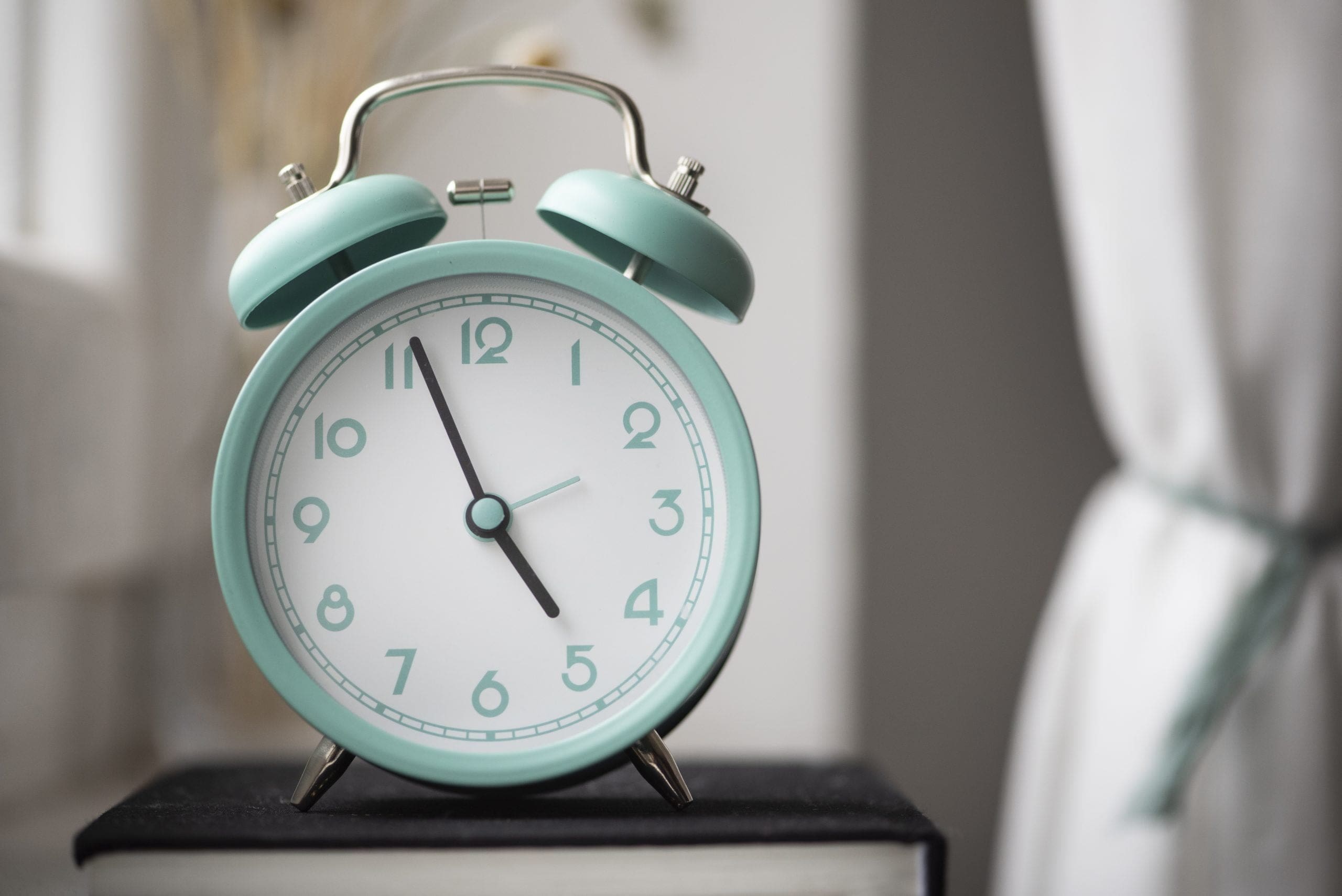
It’s officially March, which means soon enough we will be turning the clocks forward an hour for Daylight Saving Time. The idea of Daylight Saving Time was to allow people to have more daylight when it’s important. During warmer months, the extra hour lies in the evenings. For winter, the extra hour lies in the morning. This was brought about so people could maximize their productivity while there was daylight outside. On Sunday March 13, 2022 we will turn our clocks forward an hour at 2am. While some of us won’t be affected by the change, others might have problems with their sleeping schedule or their productivity level. Here are some tips on how to stay productive for Daylight Saving Time.
Expose Yourself to Light as Much as Possible
Sunlight has been known to boost people’s moods and decrease their level of anxiety. It can release serotonin which leads to an increase in focus and energy as well. During the Daylight Saving Time transition, exposing yourself to sunlight as much as possible will help your body and mind acclimate. Even if it is still a little too chilly to spend awhile outdoors, they make UV lights to help provide you with similar nutrients as sunlight.
Fuel Your Body
Another way to prepare for Daylight Saving Time is to fuel your body with healthy eating and exercise. When you fuel your body with the right nutrients and take care of it with physical activity, it will help with your focus and energy level. An increase in energy levels and focus will help you remain productive throughout the day.
Avoid Napping
Cat naps sometimes have the reputation of providing a little relaxation break and increasing your energy level to combat the day. However, during the time change, naps can interfere with your productivity levels even more. A nap during the day can make falling asleep at night harder and interfere with your nightly sleep schedule.
Implement a Regular Sleep Schedule
Napping aside, it’s important to implement a regular sleep schedule into your daily routine. Leading up to the time change and for a few days after it changes, make sure to go to bed at the same time every night and get a full 8 hours of rest. Try to eliminate screen time for 1-2 hours each night before bed. Too much blue light from technology can interfere with restful sleep.
